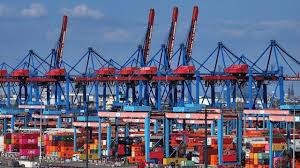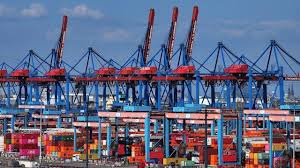G7 Summit talking points: From Ukraine and Gaza to the impact of AI

These annual events – attended by Canada, France, Germany, Italy, Japan, the UK and the US – are organized and hosted by a different member each time. For 2024, Italy has the presidency, and its summit has just drawn to a close.
In a historic moment, Pope Francis became the first Pontiff to participate in the work of the G7. Leaders of other nations, including representatives from the European Union, the Ukrainian president, the prime minister of India and the King of Jordan were also present in Italy.
The war in Ukraine and the conflict in the Middle East were high on the agenda. Alongside, leaders discussed a wide range of global challenges. Here are some of the topics that were on the table.
Regional affairs
In the presence of Ukraine’s president Volodymyr Zelenskiy, the G7 agreed on continued support for Ukraine.
This included making around $50 billion in loans available to help the country in its fight against Russia’s invasion. The money will come from the proceeds of Russian assets that have been frozen as a result of the war.
Leaders also agreed to endorse a deal outlined by US President Joe Biden that would lead to an “immediate ceasefire in Gaza”. They also called for a “significant and sustained” increase in humanitarian assistance.
Artificial intelligence
Artificial intelligence (AI) grabbed many of the summit’s headlines due to the appearance of Pope Francis, who warned leaders that humans must not lose control of the technology.
He said that AI represented an “epochal transformation” for mankind, but underlined the need for close oversight to ensure human life and dignity are preserved.
Adverse outcomes of AI technologies are one of the top long-term risks facing the world, according to the 2024 World Economic Forum Global Risks Report.
Global risks ranked by severity over the short and long term
AI could bring new risks in the next 10 years.
Image: World Economic Forum
The G7 affirmed the importance of creating international partnerships to ensure all people can access the benefits of AI, recognizing the need to make sure it enables increased productivity, empowers workers, and creates inclusiveness and equal opportunities. Leaders agreed to launch an action plan on using AI in the world of work, and to step up coordination towards a shared understanding of risk management and advance international standards for AI development and deployment.
The “crucial role” of resilient and reliable semiconductor supply chains in safe, secure and trustworthy AI was also noted at the summit, with the establishment of a Semiconductors G7 Point of Contact Group to help address issues impacting the semiconductor industry.





